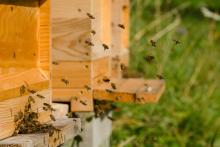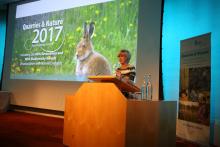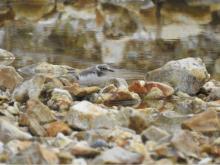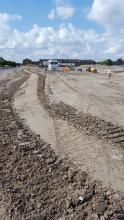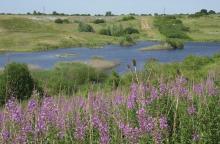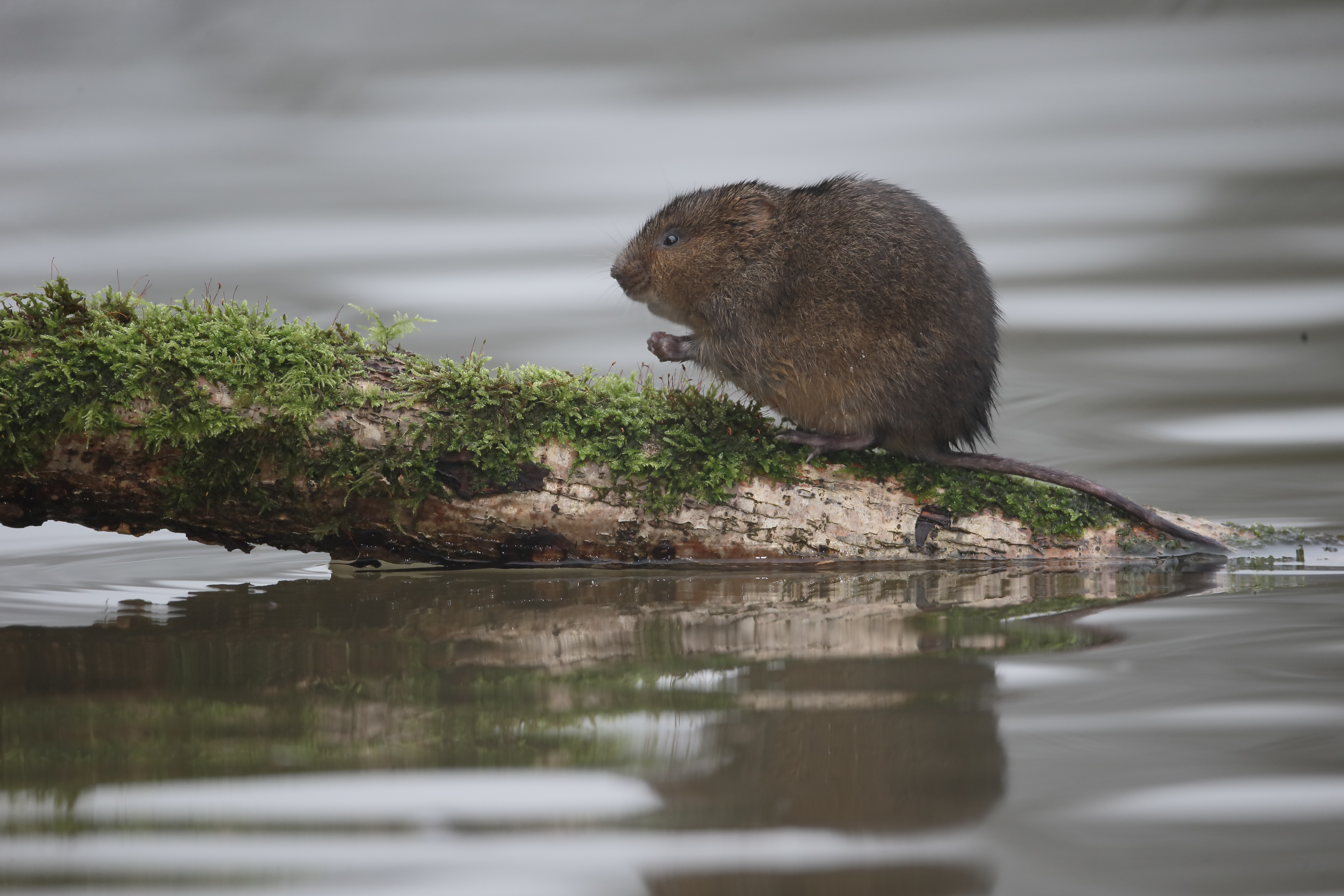
The Isle of Grain arm of Aggregate Industries, a leading British building materials supplier, recently embarked on a major water vole relocation – in one of the company’s biggest conservation projects to date. Guy Woodford reports.
The much-loved water vole was once a common sight in the UK’s wild. However, thanks to a combination of habitat loss and water pollution, the former British wildlife staple is declining at an alarming rate, by as much as 30% in the last ten years. It is now the UK’s fastest declining mammal.
Understandably then, when planning to embark on a major modification of its flagship satellite quarry on the Isle of Grain, involving extending works on a new area of land identified as having water vole habitats,
Following licence approval from Natural England to implement plans to safely capture and relocate the water voles, the business, working alongside Derek Gow Consultancy, the UK’s leading expert in water vole conservation, commenced a four-week capture programme. This involved the safe migration of water voles from the satellite quarry in Medway, county Kent, South East England, to a dedicated safe place in Exeter while the modification works took place.
This was no easy feat. The rough terrain, difficulties in gaining access and operations in progress, not to mention high levels of rainfall causing flooding, meant there were a number of challenges that needed to be managed very closely in order to ensure the programme’s delivery. Thanks to the sheer commitment and hard work of all involved though, all water voles were successfully migrated to their specially-designed, temporary new home on 22 April 2018.
A testament to Aggregate Industries’ unrivalled commitment to safeguarding the ecology of the areas on which it resides, this initial aspect of the project has cost in excess of £200,000 (€227,000) so far.
Steve Campbell, project manager at Aggregate Industries, said: “It’s a real tragedy, but the reality is that the much-loved water vole, once a staple of our British wildlife, is veering towards extinction if current rates of decline continue. As such, as a business deeply committed to its ecological responsibility, we feel very passionate about doing our bit to help.
“That’s why, back in 2014 when we first appointed an ecology expert to carry out a full assessment of the land we were planning to work on, a large number of water voles were identified, and we wanted to do everything in our power to keep them out of harm’s way.
“It’s been a long and arduous process but well worth it – it was wonderful to see the voles safely arrive in their temporary new home, and we are happy to say they have settled in soundly.”
Reflecting on Aggregate Industries approach to the migration process, Derek Gow, of Derek Gow Consultancy, commended the team for its efforts: “In comparing this project to others in and around London taking place right now, Aggregate Industries demonstrated a greater understanding of the tasks than I’ve seen on any other sites.’’

